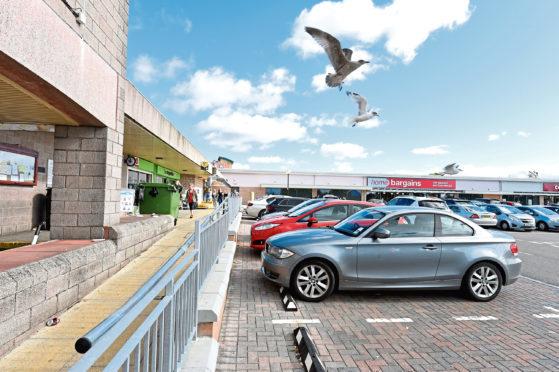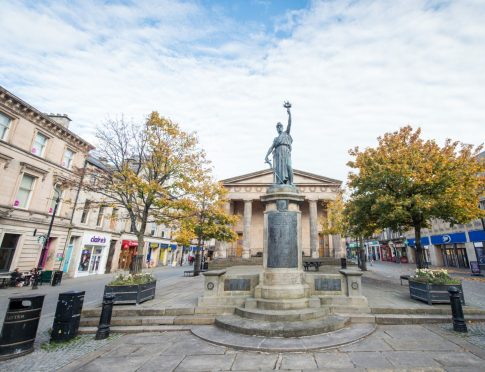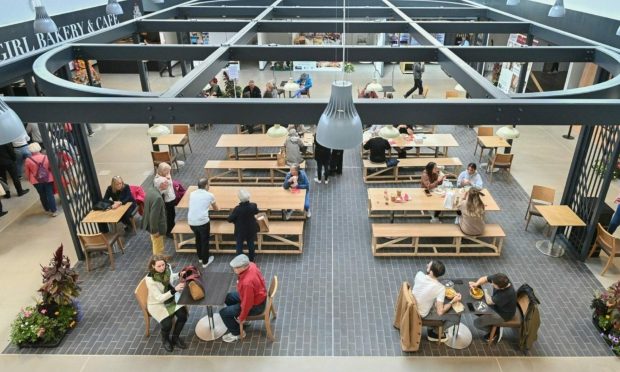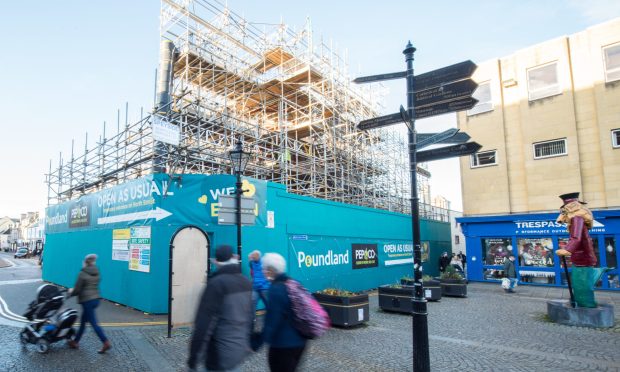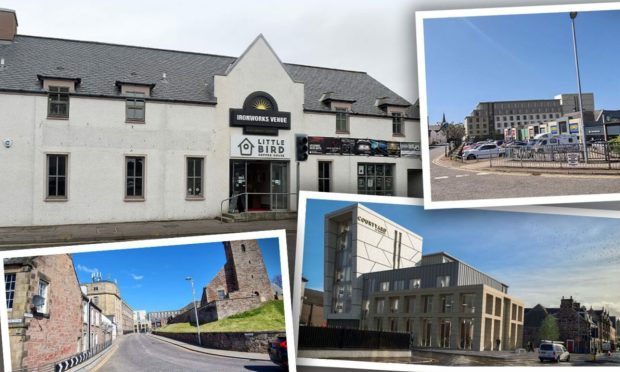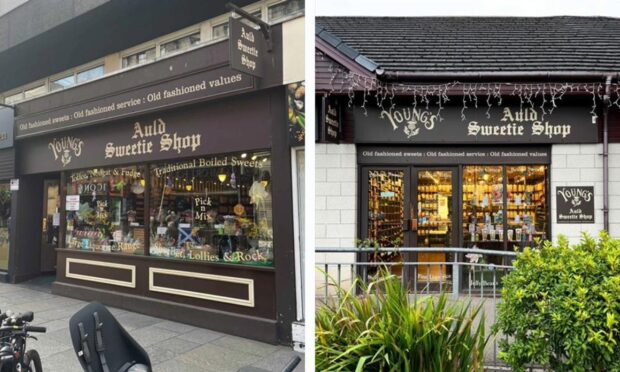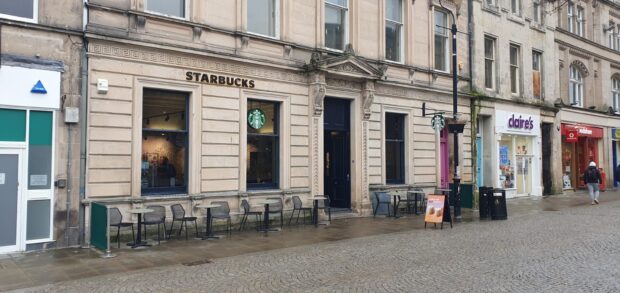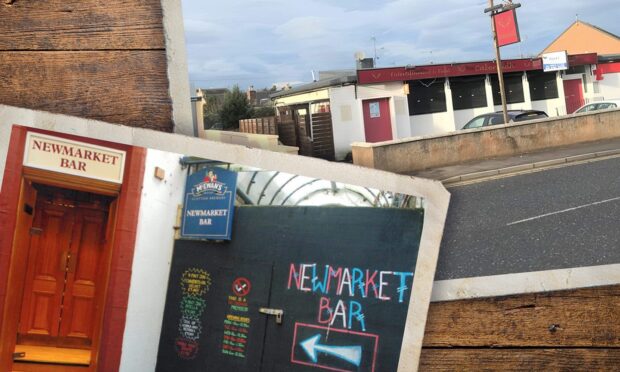A trade body has urged the Scottish Government to scrap plans that would allow councils to hit out-of-town and online businesses with higher rates bills.
The proposals, which could see up to three pilot schemes introduced after 2020, were branded “ill-considered and poorly timed,” by Scottish Retail Consortium (SRC) director David Lonsdale, who warned they would do nothing to achieve their intended aim of boosting struggling town centres.
He launched the attack ahead of tomorrow’s first anniversary of the publication of the findings of the Barclay Review of Business Rates by the Scottish Government.
As part of a consultation on implementing the review’s recommendations, the SRC wrote to Finance Secretary Derek Mackay praising the overall progress made, but voicing “profound concern” over the proposed business rates levy.
It said the new tax would add a “fresh element of imponderability and complexity into the rates system”, hitting retailers with extra costs when they need to invest to compete amid changing shopping habits.
The SRC wants clarification on how much the levy would cost firms.
It has also demanded safeguards if the tax is implemented, including a statutory cap ensuring it is not punitive and a time limit for each local scheme, and details of on how any money raised would be spent.
Mr Lonsdale said elements of the Barclay proposals, and particularly a move to three-yearly revaluations, would help create a fairer, more flexible system.
But he added: “The ill-considered and poorly timed proposals for an out-of-town rates levy are an unnecessary distraction.
“We have long argued the rates system is already too complicated and too expensive. Adding an additional tax, on what at this stage appear arbitrary geographical considerations, will do nothing to help struggling town centres.”
A government spokesman said: “As part of the consultation we launched in June, we are now seeking views on allowing up to three local councils to introduce pilot schemes in which businesses based predominantly online or out-of-town might be charged a modest business rates supplement.
“Proceeds would be used to support rates relief for businesses in town centres and we are consulting on a range of appropriate safeguards, such as the need for consultation with all rate-payers who might potentially be affected.
“We would encourage all those with concerns or comments about the current business rates system to take part.”
